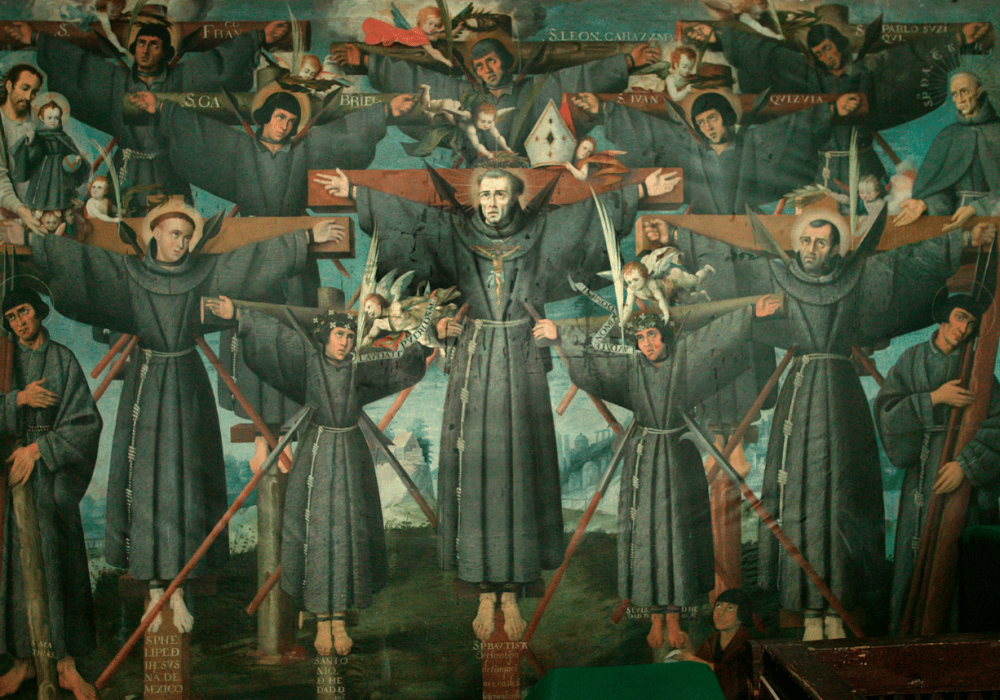This event is co-produced by the Critical Understanding of Liturgies & Traditions (CULT), a student RSO, and the Lumen Christi Institute, the home for the Catholic intellectual tradition at the University of Chicago. The movie will be screened at Gavin House (1220 E 58th St), directly across from the Booth School of Business.
This event is sponsored by the Lumen Christi Institute’s Nicklin Fellows Program, which supports and encourages University of Chicago undergraduate students to develop their intellectual maturity. Francesco Rahe, who designed this program, is a 2023-2024 Nicklin Fellow.
The place is Japan. The year is 1670. Catholicism has been rendered illegal; the remaining faithful are in hiding. Nevertheless, Jesuit missionaries still travel there in secret from Europe–and one, the famously pious Father Ferreira, has just publicly given up his faith. Two Portuguese priests, students of Father Ferreira, set sail. They hope to sustain the Japanese Catholic community, to find the path to sainthood, and, perhaps most of all, to uncover why their beloved teacher apostatised.
Published in 1966, Shusaku Endo’s Silence quickly became considered one of the greatest Catholic novels of the 20th century. It received the Tanizaki Prize and won its author numerous comparisons to Graham Greene. It examines questions relating to colonization, self-sacrifice, and, the problem of evil.
On February 21st, members of the University of Chicago community will interact with this fascinating period of Catholic history through the 2016 Martin Scorsese film adaptation of Endo’s novel.
Dinner will be provided, as well as an introductory talk by Dr. Bruce Winkelman. The first 10 students to arrive will receive free copies of the Endo novel.
SCHEDULE:
6:00-6:30 pm: Dinner
6:30-7:00 pm: Introduction From Dr. Winkelman
7:00-9:50 pm: Screening of Martin Scorsese’s Silence
9:50-10:15 pm: Optional Post-Event Conversation Over Cookies
Dr. Bruce Winkelman, Divinity School Teaching Fellow at UChicago, is a historian of religions whose work spans theory and method in the study of religion, the history and historiography of Japanese religions, and the invention of Buddhist traditions across East Asia.

